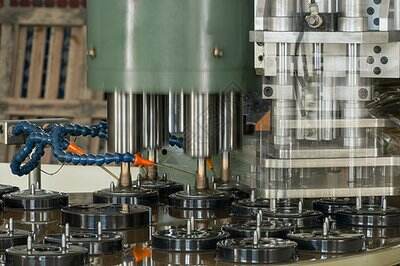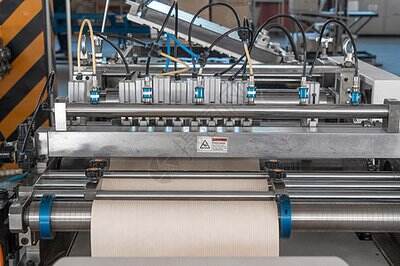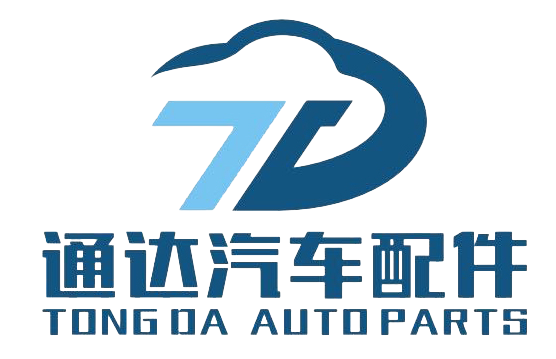A factory specializing in the production of automotive filters needs to understand automotive engines for the following reasons
A factory specializing in the production of automotive filters needs to understand automotive engines for the following reasons

1、 In terms of product design
Adaptive design
There are various types of car engines, such as gasoline engines, diesel engines, turbocharged engines, naturally aspirated engines, etc. Different types of engines have different requirements for filters. For example, when a turbocharged engine is working, the intake pressure is high, which requires the intake filter to be able to withstand higher pressure and have high filtration efficiency to prevent small particles from entering the turbocharger and causing damage. Only by understanding the working principle and parameters of the engine can the factory design filter sizes, shapes, and filter materials that are compatible with it.
The displacement of the engine can also affect the design of the filter. Large displacement engines typically require larger intake and oil flow rates, and correspondingly, the filtering area and flow capacity of the intake and oil filters also need to be larger. If the engine displacement and other parameters are not understood, the designed filter may not meet the actual needs of the engine, resulting in insufficient intake or poor oil supply, which affects engine performance.
Precision design
The precision of internal components in automotive engines is increasing, especially for some high-performance engines. For oil filters, the filtration accuracy should be determined based on the clearance and precision of internal engine components. If the filtration accuracy is too high, it will cause excessive resistance to oil flow, affecting the normal supply of oil; If the filtering accuracy is too low to effectively filter out impurities, it will allow impurities to enter key components of the engine, such as crankshafts, connecting rods, etc., accelerating component wear and shortening engine life. By understanding the internal structure and component accuracy of the engine, factories can accurately design the filtration accuracy of the filter to achieve the best filtration effect.

2、 In terms of product quality control
performance testing
To ensure the quality of the filter, various performance tests are required. Understanding the working conditions of automotive engines, such as operating temperature, speed range, load changes, etc., is the key to conducting filter performance testing. For example, when the engine is running at high speeds, the intake filter needs to be able to provide sufficient clean air in a short period of time, and there should be no deformation, damage, or other situations under such conditions.
The thermal management system of the engine also has requirements for the oil filter. When the engine is working, the oil temperature will increase, and the filter needs to maintain good chemical stability and physical properties in a high-temperature environment. Only by understanding the thermal cycle process of the engine and the range of oil temperature changes can the high temperature resistance performance of the oil filter be accurately tested to ensure that it will not fail due to high temperature in actual use.
Quality standard matching
Automobile engine manufacturers have strict quality standards for the filters that come with them. These standards are based on the performance and reliability requirements of the engine. Understanding the performance indicators of the engine, such as power, torque, fuel economy, etc., helps filter factories determine the quality standards of their own products. For example, in order to meet the fuel economy requirements of the engine, the fuel filter needs to have higher filtration efficiency to prevent impurities in the fuel from affecting the accuracy of the fuel injection system, thereby reducing the fuel consumption of the engine. At the same time, meeting the quality standards of engine manufacturers is also a prerequisite for filter factories to enter the supply chain of automotive OEMs.

3、 In terms of product after-sales and technical support
Fault diagnosis and troubleshooting
When the car engine malfunctions, the filter may be one of the possible causes of the problem. If the technical personnel of the filter factory understand the working principle of the engine, they can better assist car maintenance personnel in fault diagnosis. For example, when the engine experiences problems such as decreased power and increased fuel consumption, it may be due to a clogged air filter causing insufficient intake. Familiar with the intake system of the engine and the role of the air filter, the factory's technicians can quickly judge and provide solutions, such as suggesting replacing the filter or checking whether there are other problems with the intake pipe。

Product Upgrade and Improvement
The technology of automobile engines is constantly developing, such as the application of new combustion technologies and hybrid power technologies. These technological advancements will put forward new requirements for filters. By understanding the development trend of engine technology, filter factories can carry out product upgrades and improvements in advance. For example, with the development of hybrid vehicles, the working mode of the engine becomes more complex, and there may be higher requirements for the waterproof and corrosion-resistant performance of the intake filter, as the intake system may be affected by different environmental factors during the switching between electric and fuel modes. Filter factories can develop new filter materials and structures based on these changes to adapt to the upgrading of engine technology.

 EN
EN







































